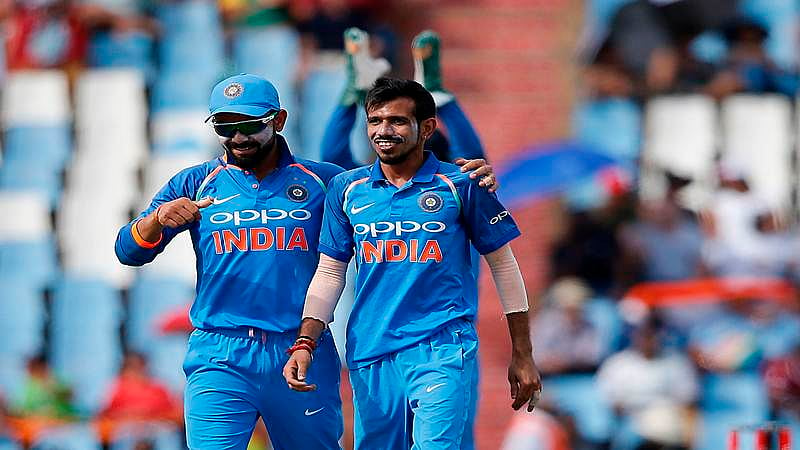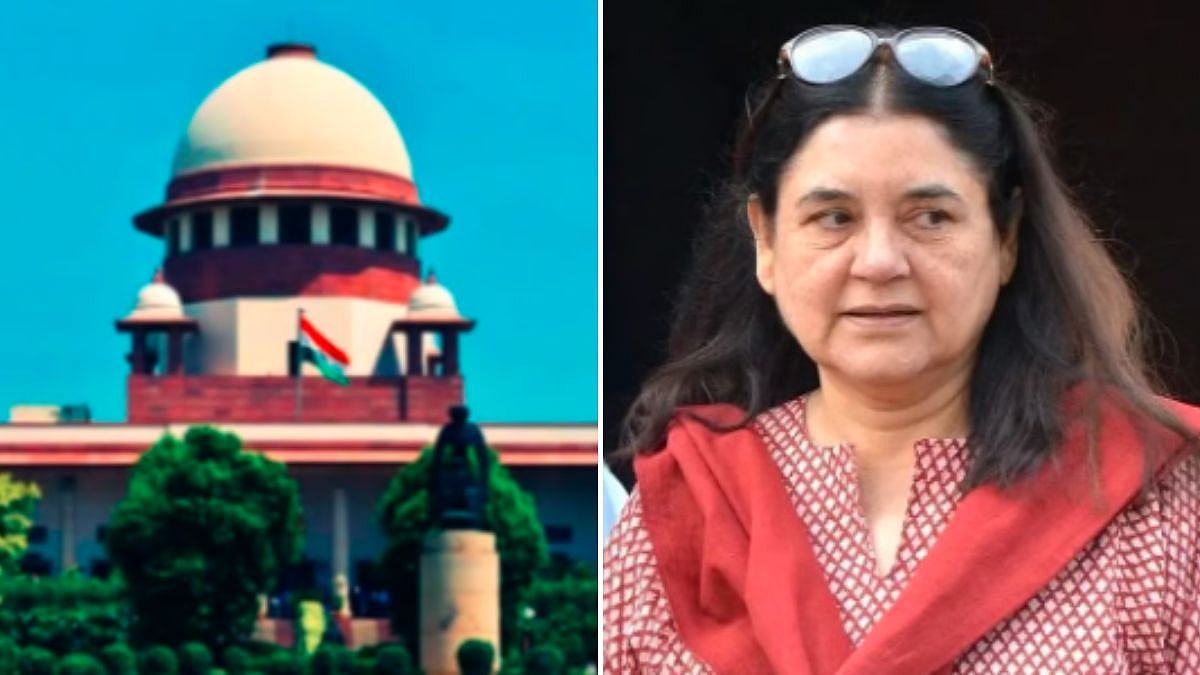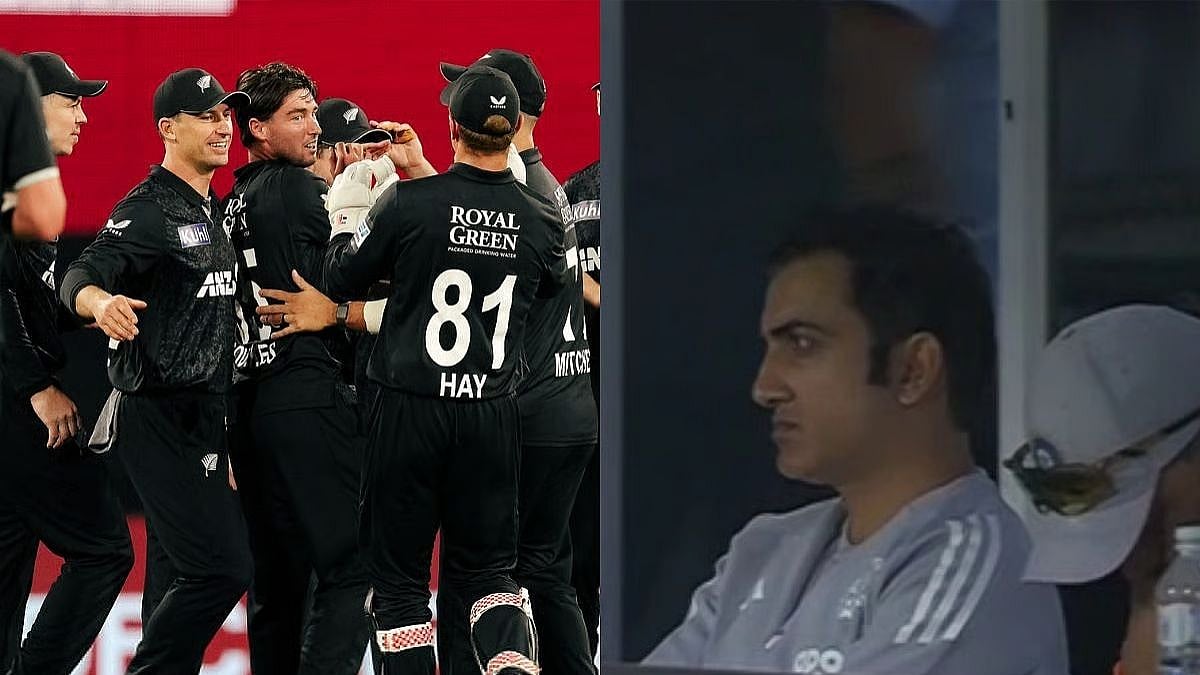With the Cricket World Cup finally underway, it’s going to be an exciting contest over the next four weeks between ten teams on hard, high-scoring tracks in the English summer. The premiere One-day tournament began with a bang on May 30 with host England completely outplaying South Africa in the opening encounter at Oval. So far 15 matches have been played with New Zealand winning three, Australia, England and India two matches each, while four teams have won one match each; South Africa and Afghanistan are the only teams yet to register a win. Since the Pakistan-Sri Lanka match was washed out, the crucial extra point Pakistan has earned as a result may prove crucial in its hunt for a semi-final berth.
This was also the case in 1992 World Cup: Pakistan was almost eliminated from the tournament, but for the crucial match against England which was washed away by rain when Pakistan seemed certain to lose. The result: the ragged Pakistan team came from the brink, transformed itself into a champion side and won the Cup by defeating the host and favourite Australia. Such surprises and upsets do happen in cricket. For example, in 1983 when India, one of the weakest team then, won the World Cup by defeating the mighty West Indies, it was called a fairy tale victory and the biggest upset in cricket history till date. Similarly, India crashing out of the 2007 World Cup at the league stage was an absolute shocker. In 1987, favourites India and Pakistan, also the hosts, lost in the semi-finals and Australia, which had struggled through most of the 1980s, won. In 1996, Sri Lanka, minnows of international cricket till then, went on to create history by beating the best teams to win the Cup.
The current World Cup is being played in round robin format: each team plays all other teams once and the top four qualify for the semi-finals. Of the ten teams, the top five are England, India, South Africa, New Zealand and Australia; they all are capable of winning the World Cup this year. However, South Africa, with three losses and zero points in their account so far are having a tough time keeping their hopes alive. They seem to be on the brink and will have to win all six of their remaining games to remain in contention to make the final four of the World Cup. Pakistan, West Indies, Sri Lanka, Bangladesh and Afghanistan are weaker teams. But it’s difficult to rule out Pakistan and West Indies completely from the semi-final line up at this stage.
Since some matches might be washed out because of rains, at the end of robin league stage, luck and net run-rate will play a part in determining which teams will go to the semi-finals. Quite a few cricket experts have named England, India and Australia as their top three sides for the tournament. But there is no unanimity for the number four spot. If New Zealand, South Africa, Pakistan and West Indies finish with identical points, the side with the best net run-rate will make it to the semi-finals. However, things may not pan out as predicted. Some teams are unlikely to quit the World Cup so easily: on paper they may be considered weak but they look to be underrated. Bangladesh is one such team. Pakistan and West Indies are the other two. On their day, they could easily make the opponents’ nerves jangle.
Like most previous editions, the current World Cup is also going to have its share of surprises and upsets: some teams are going to surprise and some are likely to be big disappointments. Using batting and bowling data from ODIs over the past eight years, it’s easier to get a sense of how each of the 10 teams is likely to fare in the 2019 World Cup. The data, compiled by The Guardian, reveals several trends, including the all-round chances of the hosts, England, and Sri Lanka’s slim chances of advancing to the semi-finals. Let’s start with the hosts. As predicted by experts, the data also suggests that despite their slightly weak bowling attack, they are indeed the favourites to win the tournament, particularly because of their strong batting line-up. India, on the other hand, is pretty strong in both batting and bowling departments, led by two top One-day batsmen (Virat Kohli and Rohit Sharma) and the best ODI bowler in Jasprit Bumrah.
South Africa, according to data, has superior average run totals against seven of their opponents. But having faltered in their first three games, it’s to be seen where they finish at the back end of the league stage. Probably the dark horses could be the Kiwis: New Zealand is the fourth-ranked team in the ODIs and it has had three winnable games before things get tougher against England, Australia and India at the later end of the group stage. The reigning champions Australia are at the middle of the pack: ranked fifth in the world, the Aussies have a decent bowling attack but the same can’t be said about its bating line-up. How it fares against better teams like India, New Zealand and England could decide their fate in the tournament. Apart from these top five teams, West Indies and Pakistan have the ability to rattle the opposition and cause upsets.
So, who will win the World Cup? England, the favourites, has a very good team and has done remarkably well with their brand of attacking cricket in recent years. Incidentally, England is the only team to reach the final and not win the World Cup most often, ending as runner-up in all three final appearances: 1975, 1979 and 1992. India has a very strong team, but playing under pressure of a World Cup will need mental toughness, fortitude, aggression and ruthlessness. Australia is on revival path and they are unlikely to give up till the last. It is the only team which has won the most number of World Cup finals: five, three of which in a row in 1999, 2003 and 2007. New Zealand, the finalist in 2015, has always done quite well in World Cup: they have been semi-finalists seven times. Therefore, in all likelihood, the probable semi-final line up could be England, India, Australia and New Zealand.
But it is early days yet and it’s difficult to hazard a guess by ruling out South Africa, Pakistan and West indies. Two teams that deserve to win the 2019 event are India and England. If India makes it to the finals, it remains to be seen whether they can repeat their success of 2011.
The writer is an independent Mumbai-based senior journalist.









